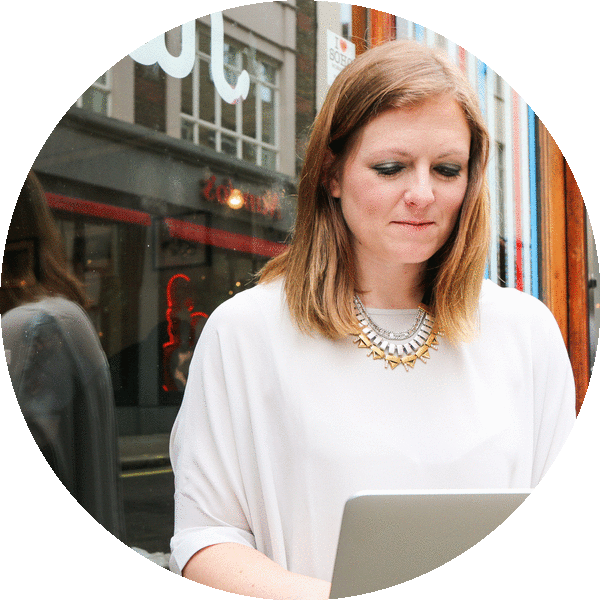Compassion
If you live in the UK, you will be hard pressed to have missed the clap for carers on a Thursday evening at 8pm, the efforts of 100 year old Captain Tom Moore who smashed his £1,000 fundraising target by £29million or you may well be one of the 750,000 people that registered as volunteers for the NHS.
Human suffering is often accompanied by beautiful acts of compassion by others wishing to help relieve it. There are millions of acts of kindness around us right now and I bet that the vast majority of these people are being compassionate too.
Think of kindness as the action and compassion as the feeling.
We are told by the Greater Good Science Center at UC Berkeley that compassion is not the same as empathy although the concepts are related. Whilst empathy refers more generally to our ability to take the perspective of and feel the emotions of another person, compassion is when those feelings and thoughts include the desire to help.
Have you ever spared a moment to think about how compassionate you are?
Maybe you’re more compassionate with friends and family than you are with colleagues?
There is research to show that adopting a compassionate lifestyle or cultivating compassion may help boost social connection and improve physical and psychological health.
Compassion makes us feel good.
Compassionate action (for example giving to charity) strengthens brain circuits for pleasure and reward and lead to lasting increases in self-reported happiness.
Employees who receive more compassion in their workplace see themselves, their co-workers, and their employers in a more positive light, report feeling more positive emotions like joy and contentment, and are more committed to their jobs. A compassionate workplace culture is linked to less burnout, greater teamwork, and higher job satisfaction.
So how can we be more compassionate?
Well the first one is practice self-compassion. You cannot have compassion for others unless you have it for yourself. Dr Kristin Neff is one of the pioneers in the field of self-compassion and has developed a compassion scale. Drop us a line and we’ll send you a copy.
When thinking about your team think about each team member as a whole person, think about their family, their situation and try to imagine what their life is like right now.
Look for what brings you closer together. Seeing yourself as similar to others increases feelings of compassion. A recent study shows that something as simple as tapping your fingers to the same rhythm with a stranger increases compassionate behaviour.
So your homework for this week is to think about how you could build a bit more of a culture of compassion into your team by modelling good compassion behaviours and being kind to those around you. Many of you will be doing amazing charity work right now, many of you will have team members that are furloughed, it doesn’t mean that we can’t show compassion in many different ways.
Once you’ve managed to do this, then you can continue navigating to move forward through the 7Cs.
Join us each week as we are navigating the 7Cs of Crisis, next week we will be looking at Change.


